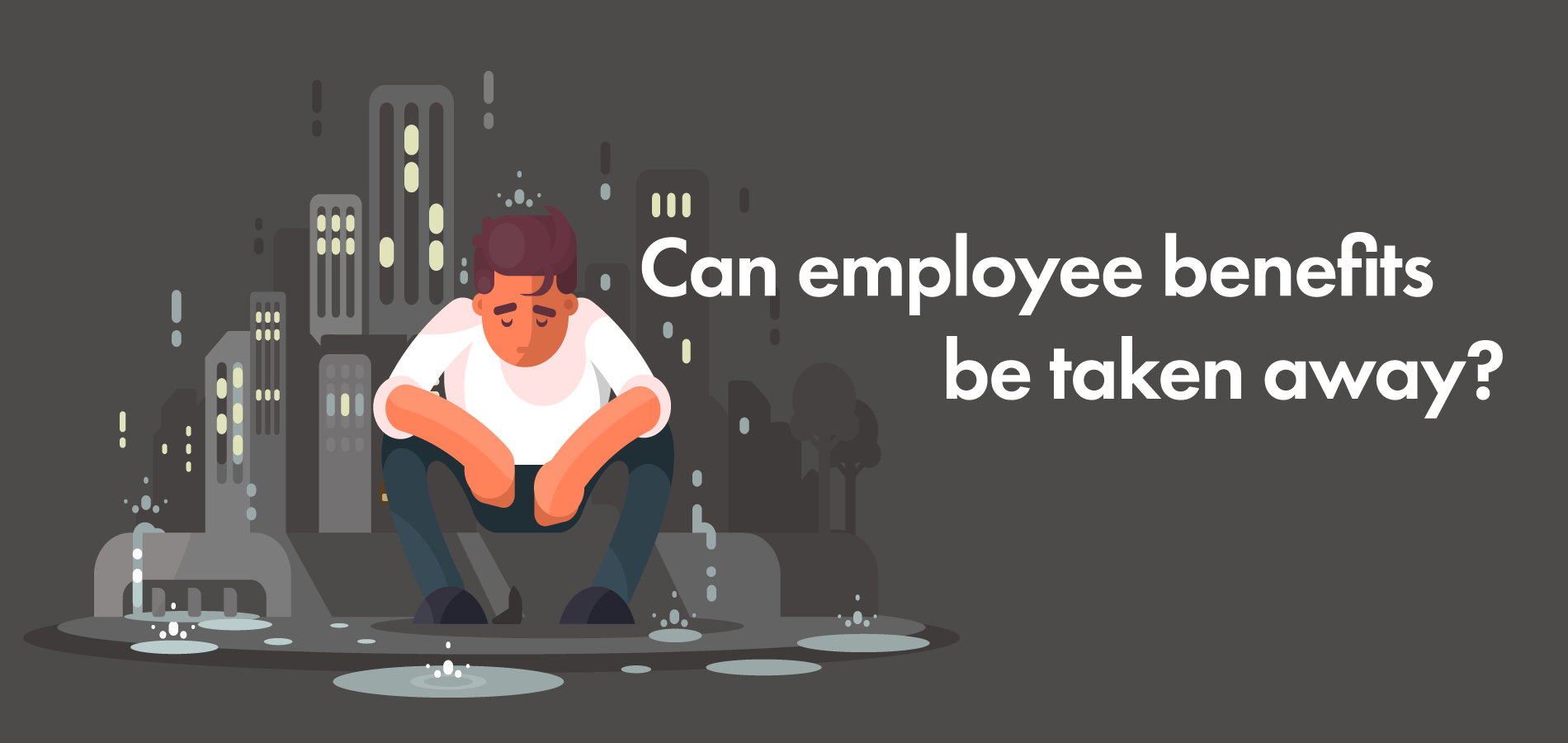Looking to attract and maintain top talent over the long term? It’s not easy in today’s market. Total compensation is an effective tool when attempting to retain top talent for your business. It is also useful in informing team members about benefits received through your company.
What is Total Compensation?
Total compensation is the collective amount provided to employees for their work. It encompasses base salary/hourly wage, benefits, retirement plans, profit-sharing, or paid time off, and/or bonuses.
Why is Total Compensation Important?
Understanding how total compensation works and using it effectively benefits your business in not only attracting top talent but in retention. If done properly, employees will be more satisfied because they feel valued.
Total compensation is important for several reasons. Employees want to feel valued and compensated for their efforts. This can be bonuses, annual pay, profit sharing, or commissions.
Additionally, people are looking towards benefits. Those who lack adequate coverage avoid taking care of themselves. This results in frequent absenteeism and impacts a company.
What Kind of Bonuses Can I Earn?
There are several types of bonuses that can be placed in a compensation package which include:
- Sales Commissions
- Incentive Bonuses
- Referral Bonus
- Shares/Profit Sharing
Calculating a Total Compensation Package
There are several formulas a business can use to calculate total compensation. Almost any strategy will work if you include the basic aspects. This can easily be achieved by using a total compensation calculator.
Total Compensation Package Example
Potential candidates are very intelligent when comparing companies. By adding the cumulative value of benefits and dividing it by number of hours worked annually, it provides the hourly rate of total compensation.
An example includes the following:
Salary: $80,000
Paid Time Off: $5,000
Retirement Plans: Company matches 50% for the first 5% of contributions/year = $2,000
Educational Assistance Program: $6,000
Total: $93,000
The hourly rate equivalent based on 2080 hours worked per year is $44.71.
Other companies include:
- Flexible/work at home opportunities for parents
- Opportunities for advancement
- Wellness and health benefits (HSA and WSA)
Total Compensation vs Total Rewards
Total rewards discusses your business’s programs, policies, and practices coupled with a desired workplace reward infrastructure. It outlines workplace culture, life/work flexibility, and quality of life represented by your company.
Total Compensation Strategy
In your strategy, include how you will improve employee wellness and create remote work opportunities for those that need it. Remote work opportunities have been trending as people find benefits working from home.
Additionally, companies are looking to implement DEI policies fostering a culture of inclusiveness making it welcoming to individuals from different backgrounds. As an example, some companies offer surrogacy and fertility benefits to same-sex couples.
A detailed list can be found here.
Total compensation packages will attract and retain top talent employees. For a business, this means lower turnover, less money/time spent in finding new employees, and increased retention rates.





